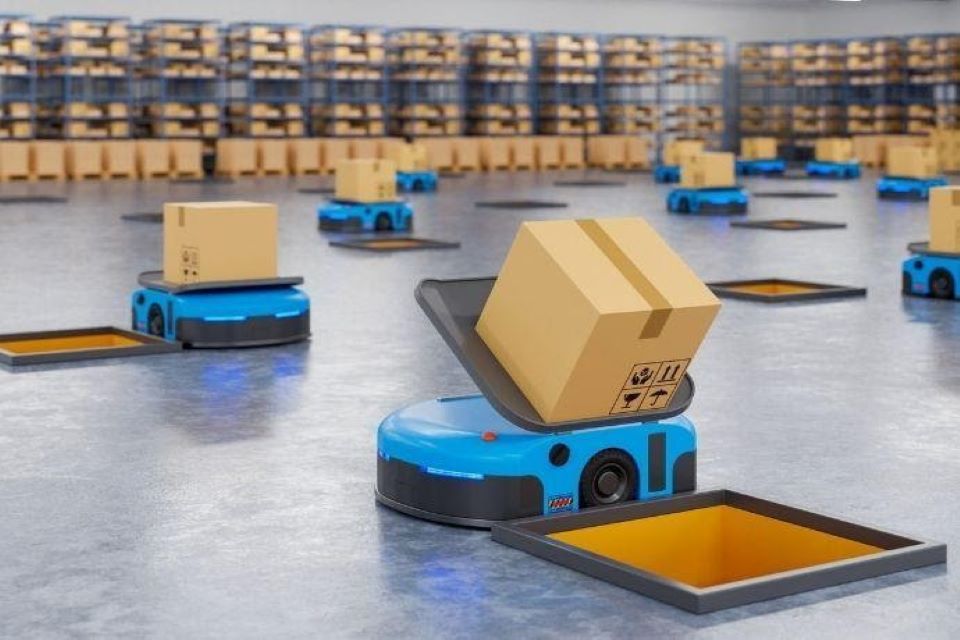As of today, there are nearly 3 million active sellers globally at Amazon. If we are to segregate the Amazon sellers with respect to the annual turnover, we see that only 30,000 of the 3 million are making over USD 1 million annually. Furthermore, some 250,000+ sellers are making USD 100,000 annually. These figures are indeed impressive and encouraging, especially for aspiring entrepreneurs looking to build their online empire. However, if we are to look at it from the opposite perspective, we get to see that less than 10% of Amazon sellers are able to make it big on Amazon (280,000 of the 30,00,000). This also means that too few Amazon sellers are able to reach out to the global audience or manage the high-volume business on the Amazon marketplace.
The catch here is that not all Amazon sellers are successful and that you may need to learn a thing or two if you wish to replicate the success achieved by the top 10% of Amazon sellers. Now, if we analyze those top 10% of Amazon sellers making six or seven figures annually, one common thing for all of them is streamlined and automated store management processes.
Yup, almost all the top 10% of Amazon sellers making huge profits have implemented Amazon ERP system integration to streamline and automate various backend processes and to offer a better customer experience.
Do you need Amazon ERP system integration?
Do all Amazon sellers need ERP system integration? Honestly, this is a complicated question with no definite answer since many factors will have to be weighted to have a definite answer. However, just to clarify the subject, the Enterprise Resource Planning (ERP) system is a comprehensive business management suite that is meant to improve the efficiency and effectiveness of business processes across all major business functions. This means that an ERP system isn’t just restricted to drive more sales to the sellers; rather, it’s also meant to improve search result positioning, backend operational efficiency, inventory management, and other core business functions.
Now to put things into perspective, as a small Amazon seller, even if you don’t need an ERP integration, you would need it at some point in time, especially when you are looking to scale up the business and ready to grow. Let’s look at some of the benefits of Amazon ERP system integration for sellers;
You won’t lose sales
If we are to go by the words of Jeff Bezos, he sees Amazon ERP as the most customer obsessive company, and there are some real intricate implications of his words. The very reason that made Amazon the biggest retailer in the world is its obsessive customer-centric approach. The platform isn’t ready to compromise even 1% when it comes to customer experience. This also means that before you can start selling on Amazon, you need to have solid and well-defined backend processes from inventory management to order fulfillment and all others in between to keep up with Amazon’s set standards. Any compromise of customer experience and you may get penalized from the Amazon platform, including drop-in ranking or even account suspension.
So, if you are ready to go selling on Amazon with hundreds of products, you need a robust and comprehensive management system that can manage all business aspects through unified platforms. That’s precisely where ERP integration helps Amazon sellers. The integration ensures that Amazon sellers are able to maintain streamlined backend processes from inventory sourcing to vendor management, from marketing campaigns to sales management, and order tracking to shipment and order fulfillment. So, with the right ERP integration with Amazon stores, sellers can rely on automated processes for efficient backend processing, enhanced marketing campaigns, and dedicated customer service to ensure they never lose a sale to inefficient processes.
Know your store’s profitability or loss-making
While Amazon ERP system integration enables sellers to maximize sales, it also assists them in quantifying the profitability or loss-making of the store. The catch here is that you need to have a precise idea of the store’s Gross and Net Profit against each inventory product, to build a sustainable business. Now, profit and loss may seem to be the domain of accounting software; however, interestingly, most accounting systems don’t have the essential tools required to perform such complicated calculations, which are contrarily offered by advanced ERP systems.
Many modern EPR systems available in the market today offer advanced profitability determination tools, which are essentially custom developed to assist retailers/sellers in determining and managing costs. Such tools automatically estimate the Gross profit of each product to keep sellers inform of its feasibility. Also, ERP systems offer other tools that can be used to manage other store running costs like overheads, wages, and others.
Strategize your success
Success never comes unplanned; rather, it’s the byproduct of years of hard work, determination, and robust strategy that has been refined by practical implementation. Amazon ERP system integration not only helps sellers to manage various store operations but also helps them to squeeze and access key analytics from the store. The system offers powerful analytical tools that expertly summarize a store’s performance against various metrics. This gives the seller an ideal opportunity to analyze store performance and make well-informed strategies to improve the store’s performance further.
Conclusion
Coming back to our question, do you really need ERP integration for Amazon selling?
We would highly recommend yes. While it may seem to be an expensive arrangement, especially for SMEs and startups, it’s definitely worth its value. The key here is to hire professional ERP integration experts that can help you implement custom ERP solutions for your business needs. This would allow you to only pay for features you need and gradually scale up the functionalities as your store grows.


